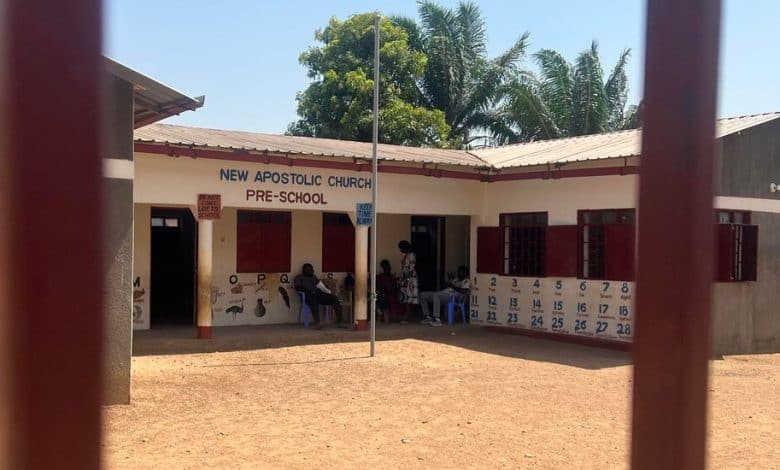Extreme Heat Wave Pushes South Sudan to Close Schools

South Sudan has long been hit by climate change-exacerbated disasters like recurring droughts and floods. Now, extreme heat is forcing the world’s youngest nation to close its schools.
The authorities have ordered schools across the country shuttered since Monday because of a wave of excessive heat that is expected to last at least two weeks. Temperatures are forecast to reach 113 degrees Fahrenheit, far above the 90-degree highs typically experienced in the dry season from December to March.
Officials did not say how long the schools would remain closed. But the health and education ministries said in a joint statement that “any school that will be found opened during this time will have its registration withdrawn.”
Parents have also been urged to stop their children from playing outside and to monitor them for signs of heat exhaustion and heatstroke.
The sweltering temperatures in South Sudan, whose tropical climate includes both dry and wet seasons, are interrupting the onset of the academic year. Most schools in the East African nation, especially those outside Juba, the capital, are congested and underfunded and lack infrastructure such as air-conditioners to help withstand such heat.
South Sudan is highly exposed to severe climatic events, including droughts, floods and rising temperatures. These changes have exacerbated displacement, food insecurity and communal conflict in the nation of 11 million people, which gained independence from Sudan in 2011.
